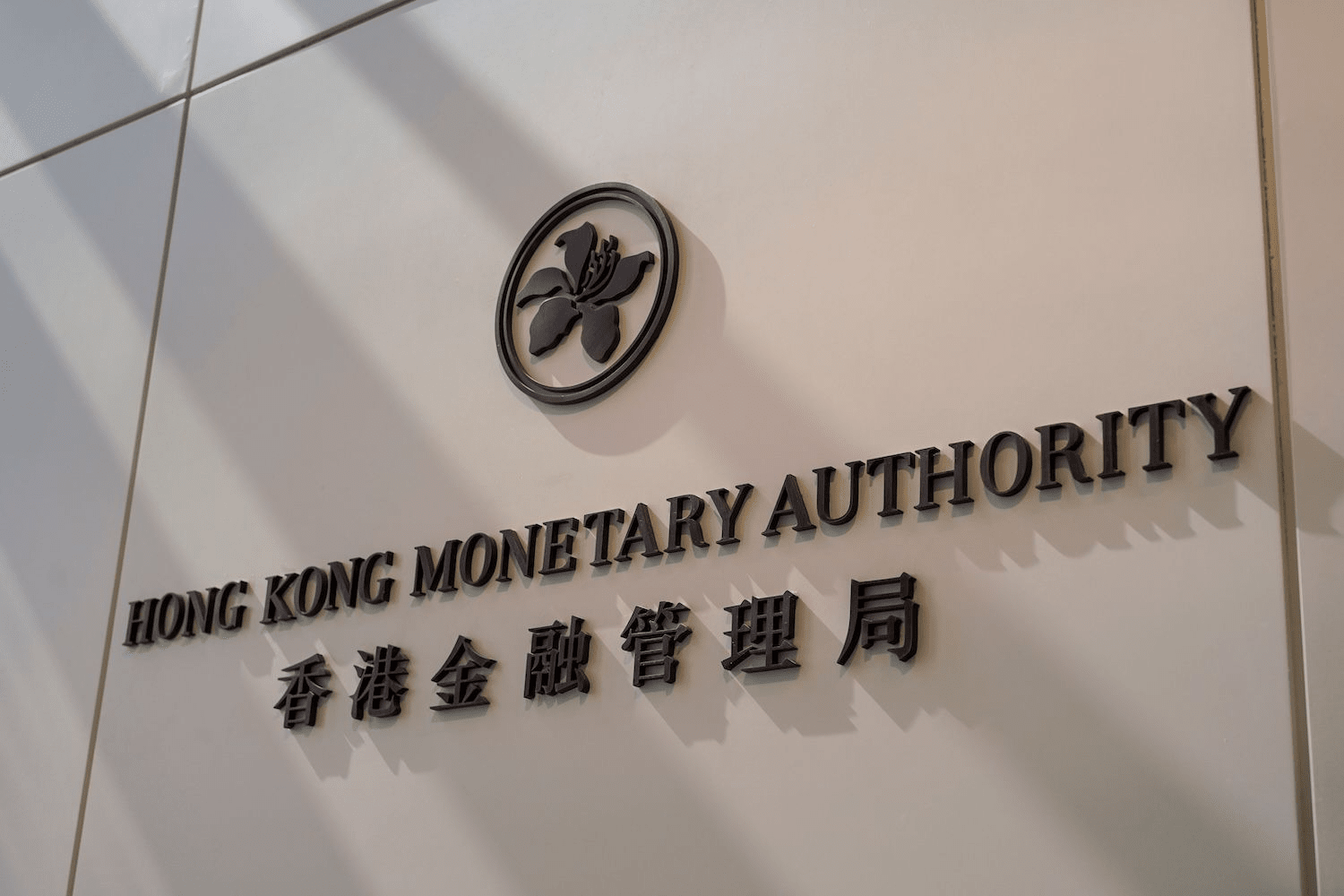Based on materials from the website - By Yellow News

Hong Kong authorities will ban the promotion of unlicensed stablecoins to the public starting August 1. The city is implementing comprehensive rules regarding digital assets aimed at protecting retail investors while positioning itself as an Asian cryptocurrency hub.
What you need to know:
The new stablecoin law in Hong Kong takes effect on August 1, prohibiting the sale of unlicensed stablecoins tied to fiat currencies to retail investors.
More than 40 companies, including Ant Group, JD.com, Standard Chartered, and Circle, have approached regulators about licenses for stablecoins.
Licensed stablecoins must be fully backed by high-quality reserves such as cash, bank deposits, or government bonds held in segregated trust accounts.
The regulator's warning was issued just days before the law takes effect.
Eddie Yue, the Chief Executive of the Hong Kong Monetary Authority, warned on Wednesday that recent market behavior surrounding stablecoins has become 'volatile' due to excessive hype bordering on manipulation. The head of HKMA issued the warning just days before the city's stablecoin law takes effect.
"We urge the public to remain vigilant to avoid unintentional violations of the law," Yue wrote in a blog. He noted that some recent promotional activities were close to market manipulation or fraud.
The new law specifically targets fiat-backed stablecoins (FRS), making it illegal to offer or actively promote these digital assets to retail investors without the proper HKMA license. Professional investors will still have access to unlicensed offerings under this framework.
Surging demand for licenses: companies are exploring stringent requirements
Regulatory measures have resulted from increased interest from companies looking to enter Hong Kong's emerging Web3 ecosystem. More than 40 companies have approached regulators in recent months regarding potential stablecoin operations.
However, according to sources within the regulatory agencies, most proposals remain in early stages of development and lack detailed business plans. Several companies reportedly faced fundamental issues regarding risk management and the technical capabilities required to operate stablecoins.
Companies preparing applications include major players such as Ant Group and JD.com, as well as international firms Standard Chartered and Circle. The Chinese publication Yicai reported that several law firms indicated that other clients are finalizing documentation for submission after the law officially takes effect.
Yue warned that many applicants will face disappointment. "A mere statement of intent to explore the business related to stablecoins or digital assets is enough for some publicly listed companies to make headlines and trigger sharp increases in stock prices and trading volumes," he said. "Investors should remain calm and act independently."
The stablecoin legislation establishes a licensing regime covering both issuers and service providers operating in the Hong Kong market. According to official guidance, only a limited number of licenses will initially be issued, with the first approvals expected by the end of this year.
According to the new rules, stablecoins must be fully backed by high-quality liquid reserves denominated in the same currency as the stablecoin.
Acceptable reserves include cash, bank deposits, and government bonds.
These assets must be held in trust agreements, fully separated from the company's assets and protected from creditor claims during bankruptcy proceedings. These requirements aim to ensure that stablecoin holders can redeem their tokens even if the issuing company faces financial difficulties.
HKMA plans to publish guidelines on supervision and anti-money laundering by the end of July. While the final rules may undergo minor changes from previous drafts, regulators state they will maintain strict standards for preventing financial crimes.
Global regulatory momentum influences Hong Kong's approach
Tough measures on stablecoins in Hong Kong align with international regulatory trends, as authorities worldwide increase oversight of digital assets. The Bank for International Settlements recently highlighted money laundering risks in the stablecoin sector, particularly in cross-border transactions.
Earlier this month, under President Donald Trump's administration, the United States passed landmark stablecoin legislation, signifying a broader global push for formalized regulatory oversight. This development has influenced Hong Kong's approach, positioning itself as a regional digital asset hub.
Hong Kong has taken a cautious yet proactive stance on cryptocurrency regulation.
The city seeks to find a balance between innovation and investor protection, competing with other jurisdictions in the digital asset business.
"Regulation is an art of balancing various objectives," Yue noted. "Stricter regulatory requirements will inevitably limit the opportunities for rapid scaling of stablecoin-related businesses in the short term."
With us (in this group!), it is usually those (subscribers!) who, in search of fresh and relevant news, do not want to browse through dozens of different websites and news outlets, and can afford to read all the most interesting news in one news feed!!! 😉
Enjoy your viewing!!! 😊


